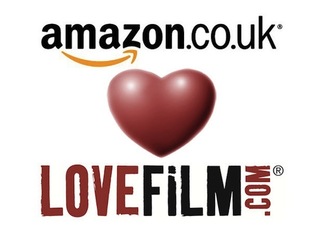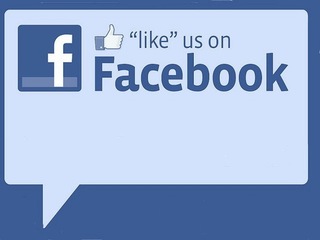
BBC welcomes 13% of its revenue from digital content
With 12.5 million app downloads, BBC expects its digital content to be 15% of revenue by 2015

BBC Worldwide's investment in digitalization seems to be paying off as the company's annual review shows that the digital arm of the business now makes up 12.8% of the revenue -- up from 8.1% a year ago.
The broadcating company also states that it hopes to grow that number to 15% by 2015.
The digital bump seems to be coming primarily from the rise of VOD sales, and the growth of apps. BBC Worldwide saw 12.5 million app downloads in the last year, and has now has racked up a total of 25 million downloads overall. And, cumulative VOD downloads now stand at 31 million. Both of these sectors have soaring tablet and smartphone sales to thank and, with the trend of mobile devices only getting stronger, the BBC is expecting this area to continue to grow at a steady clip.
“Digital continues to be a priority for BBC Worldwide and this year shows we have made both financial and strategic progress,” said Daniel Heaf, EVP & MD, BBC Worldwide Digital, in a statement. “Crucially, a greater number of consumers are enjoying a greater range of the BBC’s content on more platforms than ever before. The pace of change looks set to continue and we’re excited about the new opportunities we’ll have to simultaneously grow the BBC’s reach and BBC Worldwide’s profits.”
The company’s headline profits for the year were £155 million up from £144 million a year ago. This figures did not include the sale of the BBC Magazine titles last year for £121 million.
BBC stated that, in the year since it launched the Global iPlayer in 16 markets including across Western Europe, Canada and Australia, it has seen 1 million downloads. The iPlayer is still in a trial version, but is also available for the iPad now too.
The most popular app for the company, however, is BBC News. The news app snagged 10.3 million downloads across various iOS and Android devices.
BBC also launched 11 games and has 12 more in development.
One piece missing from the report is how successful the Facebook credit service is for the company -- the BBC offers some content on demand that you can buy via Facebook credits, and with more than 25 million fans listed on the social networking site, and that site being the origination of nearly 40% of the company traffic, it would be interesting to see if the company is making money on that front as well.
Certain BBC brands showed exceptionally high Facebook connection, interaction and traffic, including Top Gear, Top Gear USA and The Stig.
The BBC stated that cumulatively, these three entities provided 17% more engagement with fans between May and June (up from 8% the year before).
Doctor Who, meanwhile, saw a 27% engagement from users (up from 19%). It now has a 2.5m fan base.
Hulu, Netflix and Amazon partnerships also helped grow digital sales as these video on demand services worked to grow their catalogs by adding popular British series.
At the start of the year, BBC signed a contract with the Amazon-owned VOD service Lovefilm, giving its members access to popular BBC content.
This premium content deal come through just ahead of the soon expansion of Netflix to the UK and Ireland.
BBC has had streaming agreements with Netflix for quite some time already but the addition of BBC and ITV to Lovefilm Instant is a huge TV get, for the service that is more movie-heavy. The Amazon subsidiary currently has available for its almost 2 million members and is the biggest provider of on-demand streaming video content in the U.K.
Lovefilm reported revenues of £97.2 million in 2009, representing a 29% increase from 2008 when the company reported £73.1 million. Amazon previously held a 42% stake in Lovefilm since 2008.
Lovefilm services are competitively priced at $9.27 per month for a basic streaming package, compared to Netflix's $7.99. The services is also available for viewing on multiple devices, including computers, Internet-connected TVs, Sony's PlayStation 3, Apple's iPad and the Microsoft's Xbox 360.
Related News


LoveFilm signs BBC, ITV to compete with Netflix in UK

BBC report finds fake profiles skew FB ad results

UK consumers not excited by TV apps, mobile TV services

